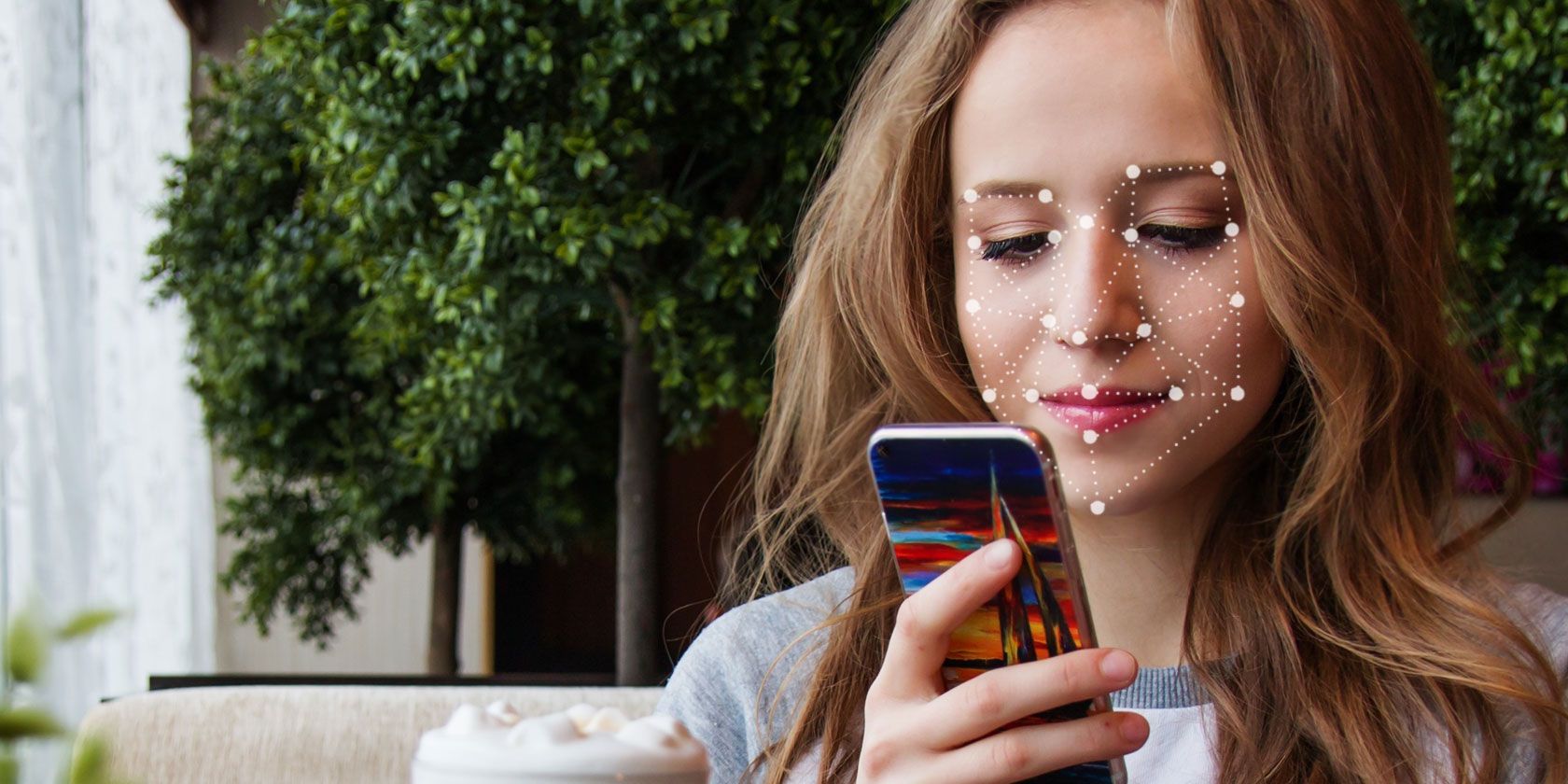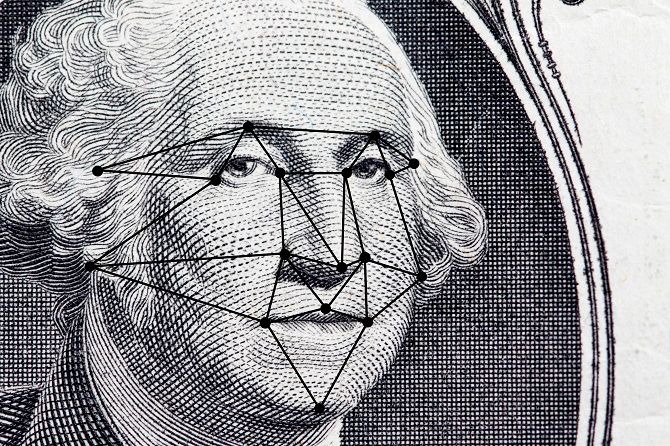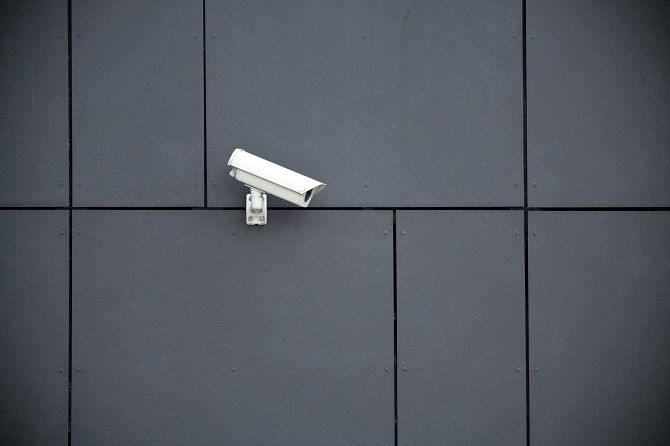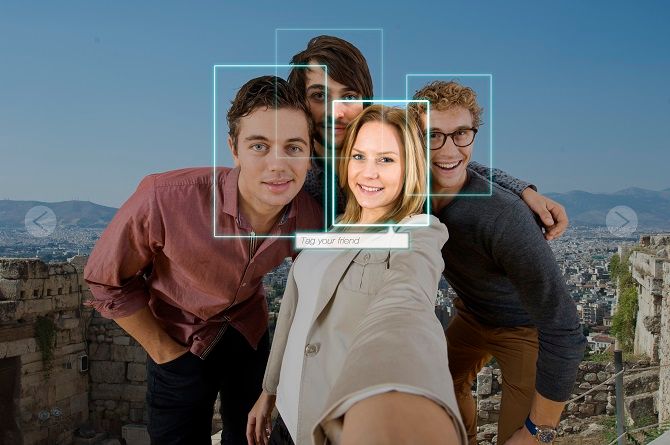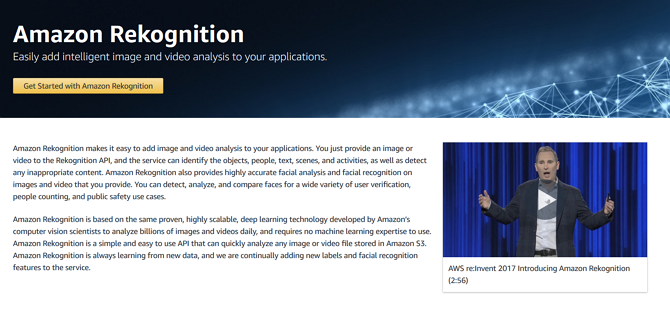Facial recognition technology has quickly moved from science fiction to reality. Over the past few years, companies have been racing to release facial recognition products. You can now unlock your phone, board a plane, and enter your home without lifting a finger.
Governments, too, have been quick to chase the facial recognition trend. Law enforcement agencies around the world have begun deploying invasive and controversial monitoring products. But, with so much development and so little regulation, could facial recognition technologies spell the end of individual privacy?
How Does Facial Recognition Work?
Security cameras and video surveillance have become ever more present since the cities began rolling out Closed-Circuit Television (CCTV) cameras in the mid-1990s. These cameras capture events, help detect and prosecute crimes and make many people feel safer.
In the decades since computer hardware and software have improved rapidly. There's also been a proliferation of smartphones, which we collectively use to take and post millions of photos and videos each day.
Facial recognition systems make use of this abundance of visual data. The photos and videos are analyzed using software that often contains elements of machine learning and artificial intelligence. These algorithms look for, analyze, and store identifying facial information.
Just as your web browser can be used to identify you, so too can your facial data. This information is stored in a facial recognition database and is used to compare new images and video against. These databases are often controversial as there is no way to remove yourself from them. The databases may be operated by private companies or by governmental bodies and law enforcement.
The Surveillance State
Law enforcement has been using facial recognition systems since at least 2001. A system was set up for Super Bowl XXXV which resulted in 19 people being provisionally identified as holding criminal records.
However, as the cost decreased and availability has increased, facial recognition has become commonplace. It's not unusual to have your face scanned at an airport. The US Department of Homeland Security expects to use facial recognition on 97 percent of travelers by 2023.
While it proved effective at identifying 7,000 passengers who had overstayed their visa, many have raised concerns about the government building a facial database of millions of passengers. It would be easy to share this database with other departments or even foreign governments.
As with many governmental programs, like all the times our data was handed over to the NSA, we have little say in their deployment. This raises the unnerving possibility that you might be incorrectly flagged as a concern, your face used to identify you around the world, and with no recourse to change this.
In March 2017, a House oversight committee was told that over half of all adult Americans' photographs are stored in facial recognition databases accessible by the FBI. More than 80 percent of those photographs came from non-criminal sources like passports and driver's licenses. Even more worrying was that the algorithms used are wrong 15 percent of the time and are more likely to misidentify black people.
In the UK, London's Metropolitan Police ran facial recognition trials throughout 2018 and 2019. The results of those trials were published in June 2019, where it was revealed how invasive, yet ineffective the systems are. Out of the 42 people stopped as a result of the trials, just eight were correctly identified as wanted.
Photography and Photo Tagging
Facebook was one of the first websites to popularize the idea of tagging someone in a photograph. In the early days, this was a manual process where you had to click through your photos and enter the names of each of your friends.
The company soon realized that they could do this for you automatically. They had amassed a vast database of faces that had already been tagged as specific individuals which could be analyzed. Now, if you upload a photo onto Facebook, the social network will automatically suggest who is in the photo using a Facebook facial recognition search.
Some people viewed this as an invasion of privacy as you were auto-enrolled in the feature. The EU even ruled that Facebook had to turn the feature off in member states. However, after the 2018 implementation of the EU's GDPR, Facebook subsequently turned it back on. If you'd prefer the company wasn't identifying your face, you may want to take a look at the Facebook photo privacy settings you should know about.
Facebook isn't the only large technology company to experiment with facial recognition in your photos. Apple and Google both offer similar features in their cloud photo storage. One of the main differences, though, is that Facebook identifies the person in the photo; Google and Apple group similar faces together for you to assign a name to.
Facial Recognition in Business
More recently, facial recognition has filtered into our offline lives too. The world's largest retailer, Amazon, has been expanding into physical shops with their acquisition of Whole Foods, and the Amazon Go grocery stores. The Amazon Go stores are checkout-free, and although they do rely on cameras, they reportedly don't use facial recognition.
The company has developed a facial recognition product though, dubbed Amazon Rekognition. The company has licensed the product to law enforcement agencies in the US. These agreements were put in place just as Congress was considering drafting regulation of facial recognition.
Civil liberties groups campaigned hard against the adoption of such a system. However, it seems to have fallen on deaf ears. At the time of writing, Congress has declined to regulate facial recognition, and Amazon's board voted to continue selling the software. Their lack of transparency makes them one of the companies that don't really care about your security.
Facial recognition is also being used even at live music venues. A system was in place during Taylor Swift's Rose Bowl concert in May 2018. According to Rolling Stone, a kiosk set up to allow fans to watch a recording of Swift's rehearsal had a facial recognition camera hidden inside.
Each face was sent to a command post in Nashville. There, a facial recognition search was done against a database of known Taylor Swift stalkers. Being up-front about their use of this technology may have decreased its usefulness but does call into question the ethics of doing so without informing the vast majority of law-abiding music fans whose faces were scanned.
Can You Protect Yourself From Facial Recognition?
In isolation, facial recognition systems seem useful. In theory, they can help identify criminals, enable us to seamlessly login to our devices, and automatically organize our photo collections. However, without regulation, they may contribute to the erosion of your privacy. The fast pace of change in technology makes it difficult for regulators to keep up.
It doesn't help that the large businesses who operate these systems hold tremendous influence over the debate. The implementation of facial recognition is often sold to us under the guise of security. However, you may wonder if the current trade-off is worth sacrificing your right to privacy for.
If you'd rather your face wasn't scanned at every available opportunity, consider using one of these techniques to avoid facial recognition.

